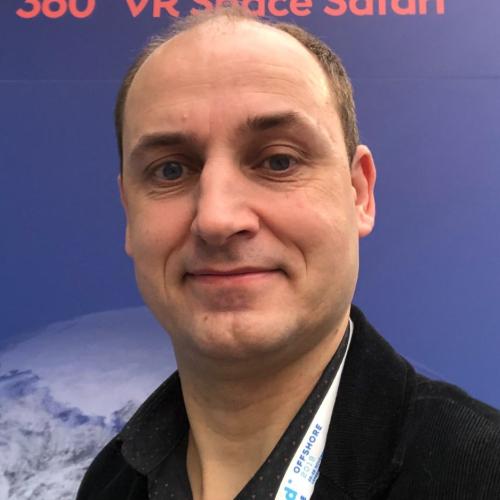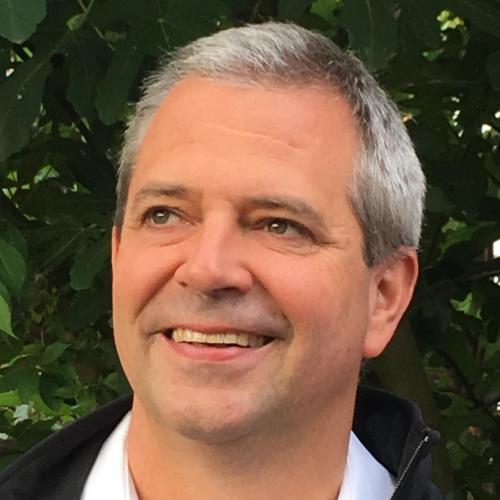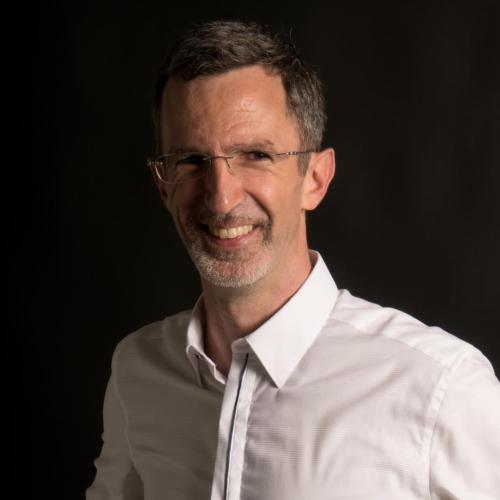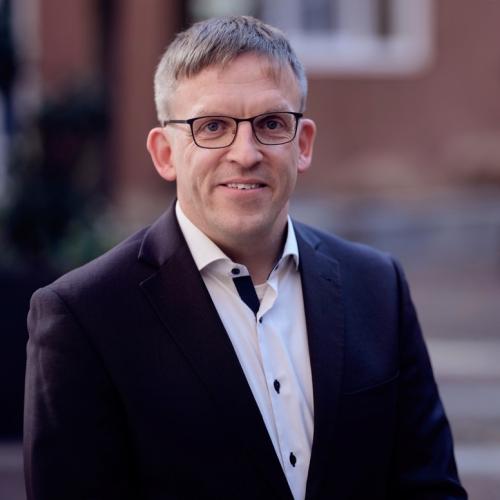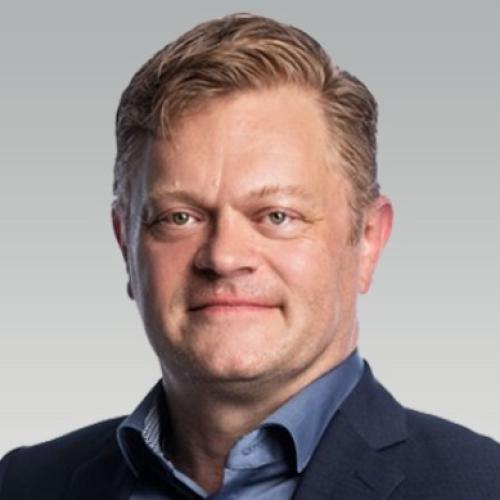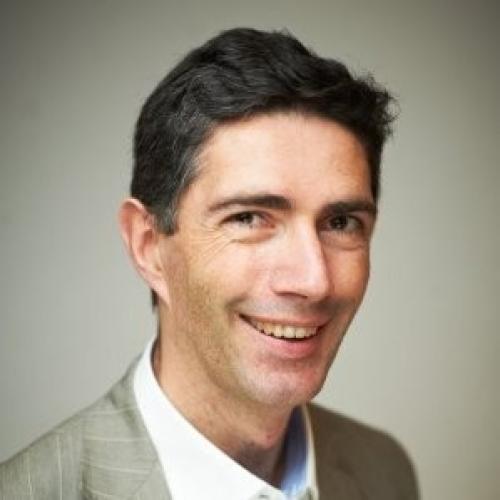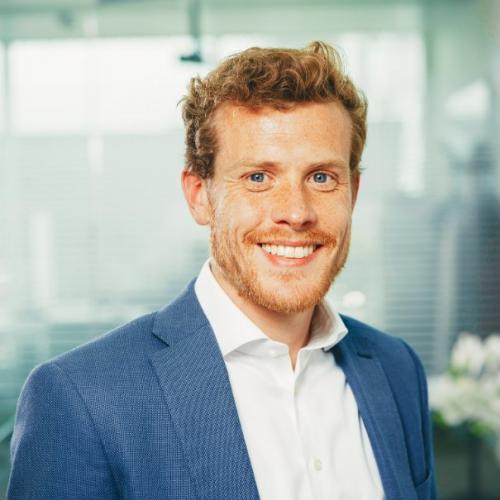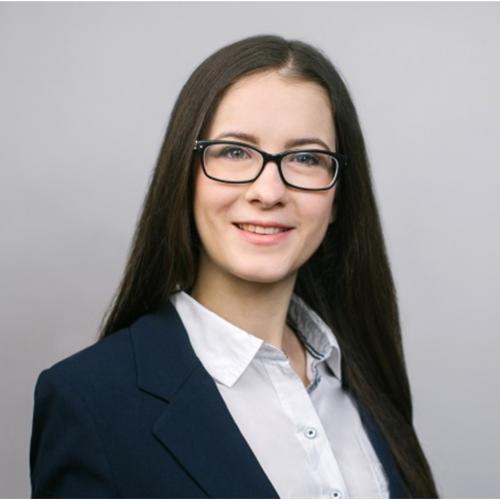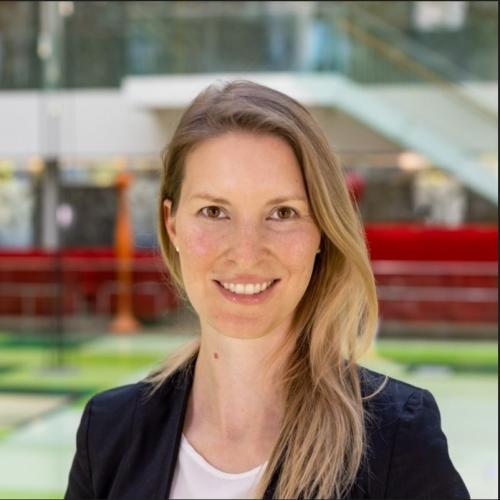Summarising the past two sessions: who is responsible for each part of the trade secret process and most importantly how are you proactive with management?
Trade secrets are an all-encompassing multiple-department purpose that all functions must be involved with, therefore the who and how are as important as the why and what.
Management:
• How to embrace trade secrets: internal and qualifications process
• When to trust and when to sue
• The value of secrecy - valuation impact
• Start-ups vs multinational
Examine the Responsibility of IP Function vs Compliance vs Legal to Safeguard Trade Secret Theft:
• Roles & responsibilities of IP, compliance, and legal in trade secret protection
• Identify & address potential gaps/overlaps in responsibilities
• Best practices for collaboration & communication among departments
• Legal & regulatory landscape for trade secret protection
• Real-life case studies & best practices for managing trade secret theft allegations/breaches

Marie McMorrow
In her IP litigation role, Marie handles disputes involving complex patent litigation, breaches of confidentiality, trade mark, anti-counterfeiting and protected designation of origin disputes, design (registered and unregistered) and copyright infringements.
Marie also has considerable experience supporting clients on the generation, acquisition and commercial exploitation of their IP assets, regularly advising on joint venture, co-existence, product development, collaboration and licensing deals. Marie also has considerable expertise in providing IP due diligence and IP support to clients on their corporate acquisition and disposal programmes.
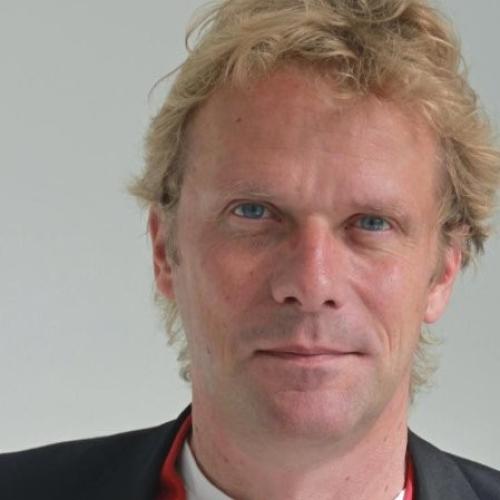
Fredrick de Mare
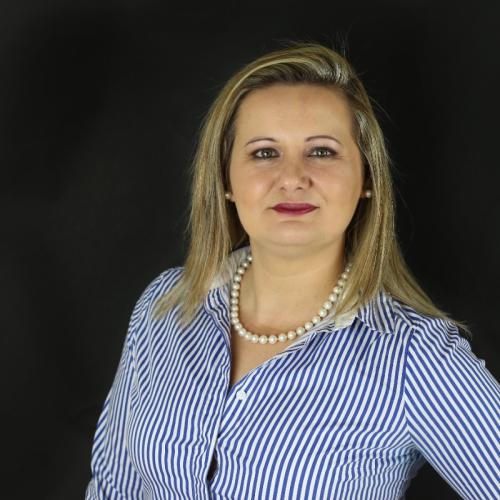
Lillian Mocelin

Shane O’Neill
Shane O’Neill trained and qualified as a competition lawyer at Freshfields Bruckhaus Deringer where he advised clients in the aerospace and aviation sectors on merger control and antitrust regulatory matters. Since moving in-house he has advised on a broad range of matters including IT outsourcing, IP licensing, data protection, IPO, cybersecurity, commercial negotiations with aerospace OEMS, corporate transactions, and IP strategy.
Currently, he is Assistant General Counsel at Norsk Titanium, a global leader in metal 3D printing which supplies components to the aerospace, defence, and industrial sectors. He is responsible for a number of corporate areas including driving the company’s IP strategy, creation of IP awareness, trade secret protection, IP portfolio management, IP risk reduction, IP collaboration and cybersecurity.

